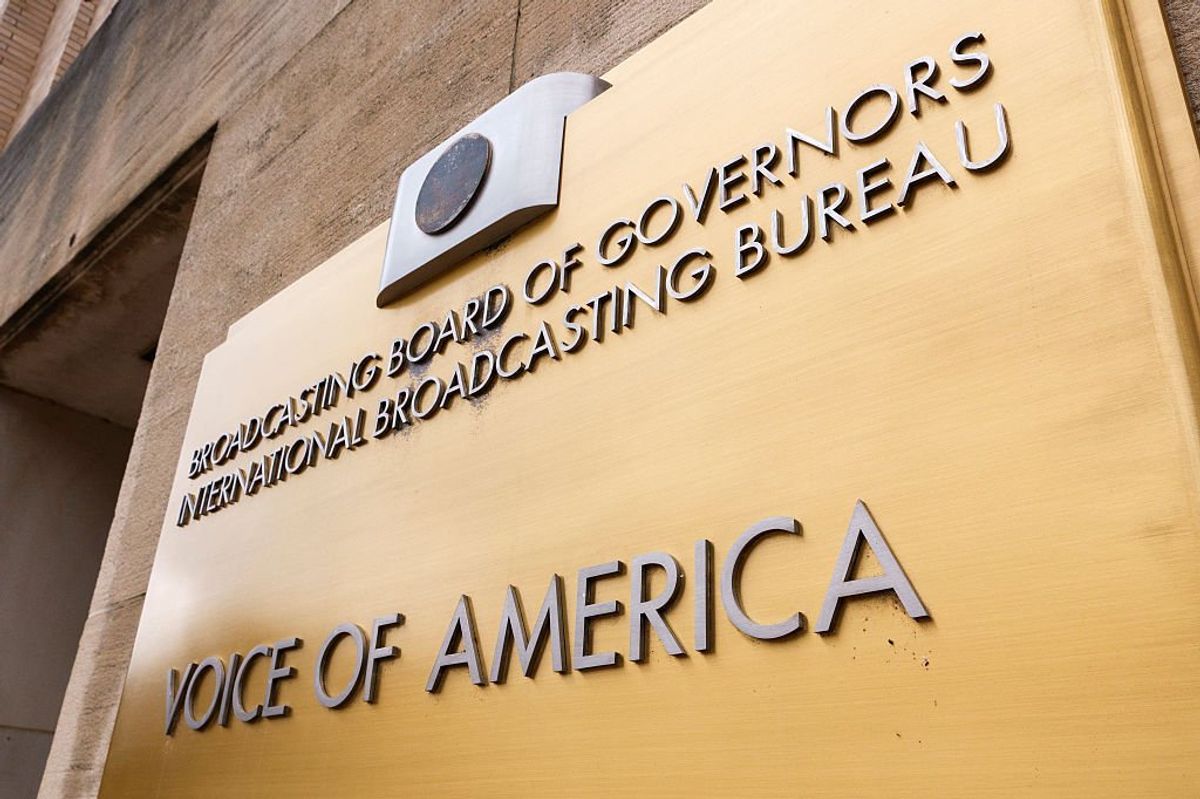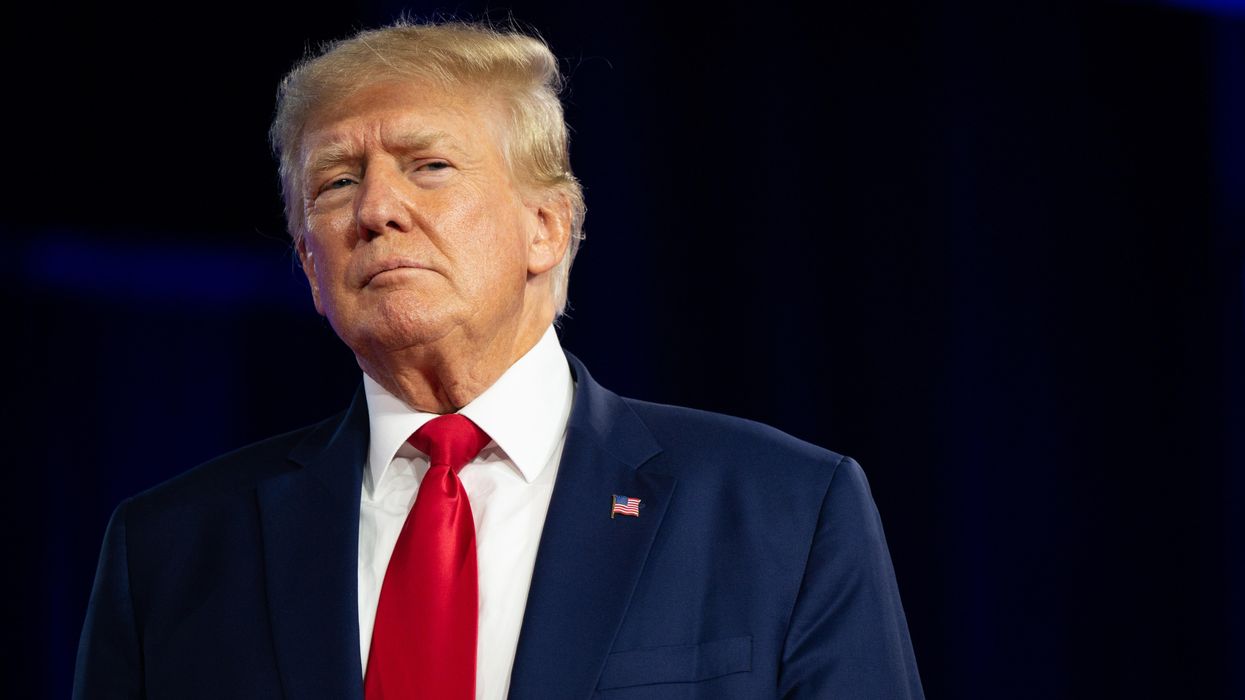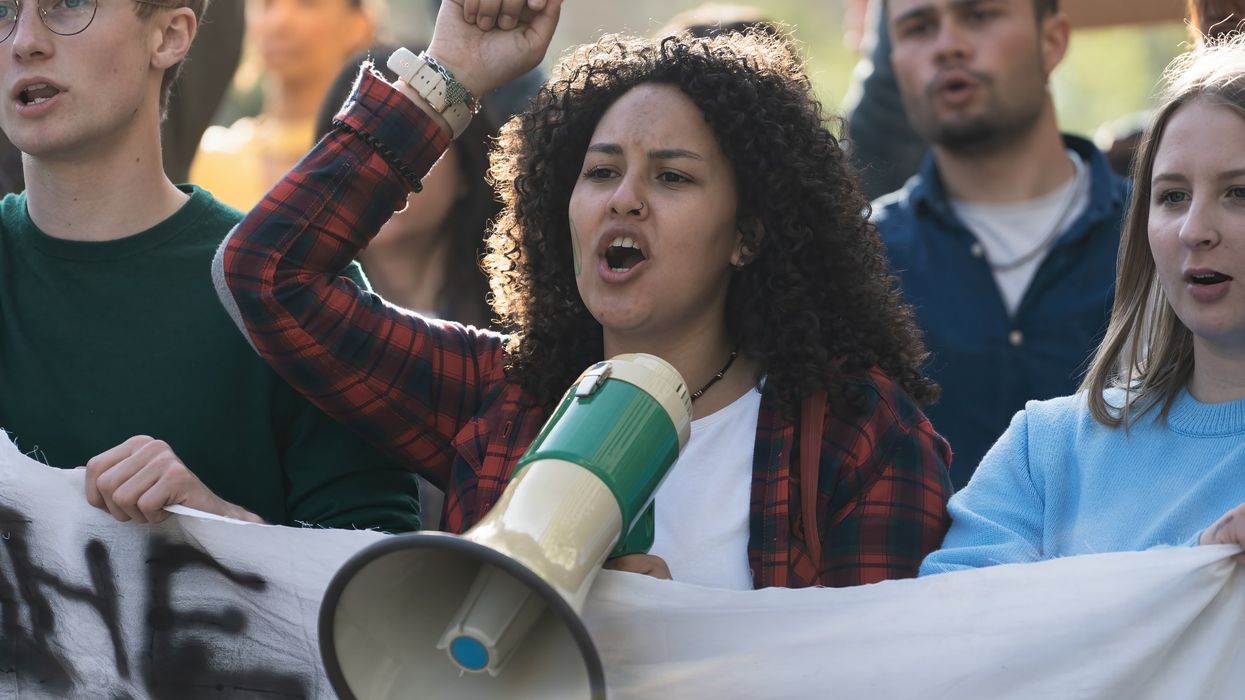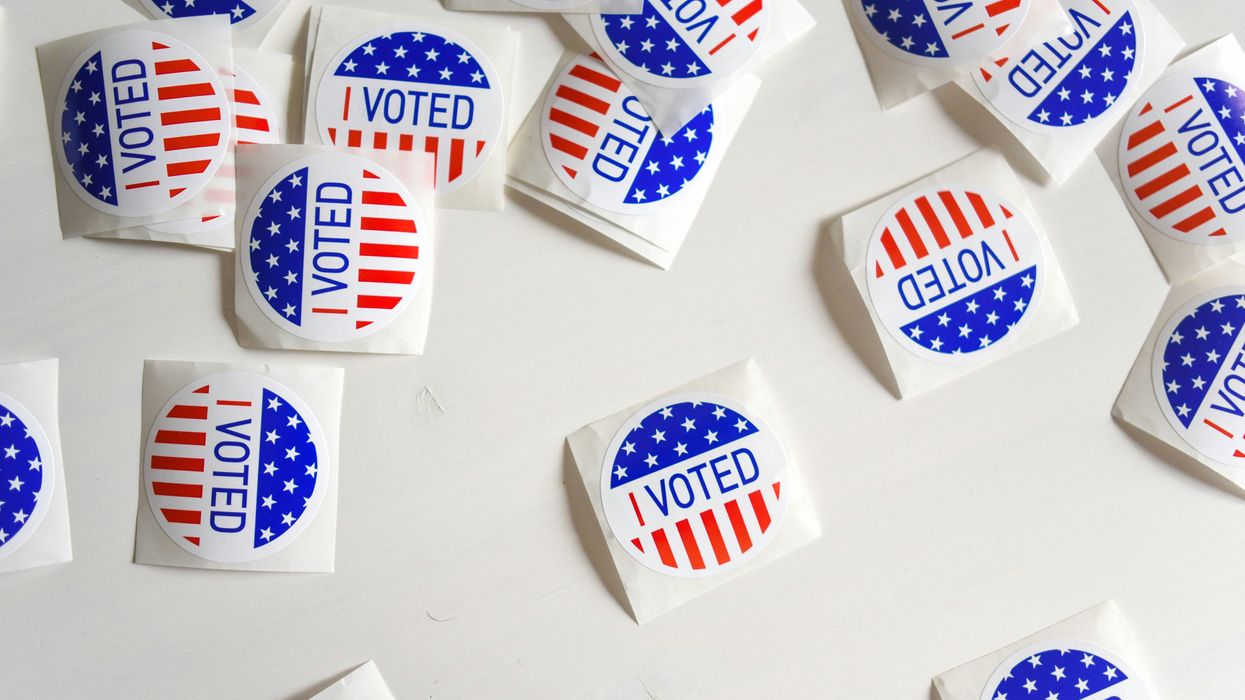This week, we are excited to share a video series featuring panel discussions from the Global Democracy Champions Summit co-hosted by Keseb and the SNF Agora Institute at Johns Hopkins University. We hope this series will spur dialogue and action to advance inclusive democracy in the US and globally.
Communities across the world are battling the effects of conspiracy theories and disinformation. Today’s featured panel discussion highlights examples of innovations to mitigate these effects, discusses the implications of disinformation for upcoming elections, and surfaces ideas for immediate and long-term solutions, both in the US and globally.
Moderator: Yascha Mounk, Associate Professor of the Practice of International Affairs, School of Advanced International Studies and the SNF Agora Institute, Johns Hopkins University
Panelists:
●Tareq Alani, Co-Founder and Chief Product Officer, PushBlack
●Samar Ali, Founding President and CEO, Million of Conversations
●Ian Bassin, Co-Founder and Executive Director, Protect Democracy
●Peter Pomerantsev, Senior Fellow at the SNF Agora Institute at Johns Hopkins University; Co-Director of Arena Initiative
Check out the discussion: Battling the Effects of Conspiracy Theories and Disinformation
We will share one panel discussion from the Summit each day of this week. Come back tomorrow to view “Building Enduring People Power.”
Please visit Keseb and the SNF Agora Institute at Johns Hopkins University to subscribe and receive news of future Democracy Champions opportunities.




















